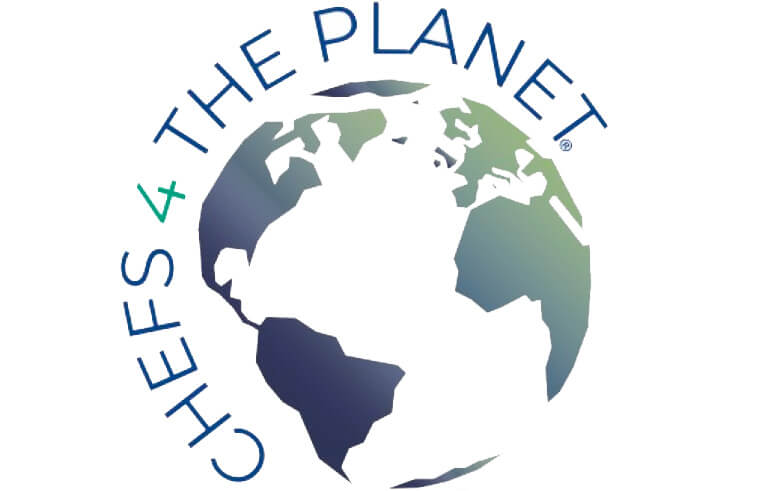Led by the Centre for Food Policy’s Dr Christian Reynolds, new research suggests our methods of cooking can have a major effect on the environment
Christmas Day is going to look very different for a lot of people this year, but there are also positive changes to indulge in, especially when considering what to eat for Christmas dinner and how to cook it.
Sustainable dietary advice recommends reducing the consumption of meat and an increase in consumption of locally sourced and in-season plant-based proteins, fruits and vegetables we eat. These small changes people can make to their diet are already known to benefit the environment, as well your health.
However, published in Nature Food, new research suggests that food can also have a major effect on the environment due to the greenhouse gas emissions (GHG) produced through various methods of cooking.
The study was led by Dr Christian Reynolds, Senior Lecturer at the Centre for Food Policy, City, University of London, and a visiting lecturer at the University of Sheffield’s Institute of Sustainable Food, in partnership with colleagues at Brunel University London and the University of Manchester.
Dr Reynolds said:
“Estimates of food-related GHG emissions usually only consider the supply chain up to the retail and purchase stages, but our research has found that consumption can contribute up to around 60 per cent of the overall emissions for the complete life-cycle of specific foods. So reducing these processes can reduce the damage they do to the environment.”
Co-author, Professor Sarah Bridle from The University of Manchester, said:
“A lot of people are thinking carefully about what type of food to eat, or how it’s packaged or transported but, in terms of climate change, it is sometimes more important to consider how the food is cooked.
“Our research showed that up to 60 per cent of the climate impact of foods can come from cooking – particularly for the most climate-friendly foods like vegetables, when baked in the oven. Whereas appliances like microwave ovens and pressure cookers are generally used for less time, and so use less energy and contribute much less to climate change.”
As a traditional roast Christmas dinner is a valued tradition for many families around the world, Dr Reynolds’ research has found ways in which it could be made just a little more sustainable to indulge in those favourite festive foods, all whilst saving the planet:
Reduce your meat consumption
Christmas dinner is not cancelled just yet, but the production and consumption of one kilo of protein from meat products can cause more greenhouse gas emissions than a passenger flying from London to New York.
A kilogram of beef protein reared on a British hill farm can generate the equivalent of 643 kg of carbon dioxide, but a kilogram of lamb protein produced in the same place can generate even more at 749 kg, mostly due to their long oven-roasting cooking times.
Dr Reynolds doesn’t suggest throwing out the whole turkey, however, as the good news for traditionalists is that turkey creates less GHG emissions than other types of meat, so is still a better choice for Christmas dinner. Of course trying one of the many meat free alternatives now available has an even bigger impact.
Reduce your food waste
Is a whole turkey required? Maybe not for a small family, but one solution is to keep portion sizes small, with minimal left overs, and try not to be too ambitious with the number of dishes made as food waste also has a major impact on environmental damage. Dr Reynolds suggests purchasing smaller mini-roasts or turkey crowns and split portions of dark and light meat as smaller roasts also cook faster, lowering the environmental impacts of roasting meat in an oven.
Read the rest here: https://www.city.ac.uk/news/2020/december/can-your-christmas-dinner-help-save-planet


